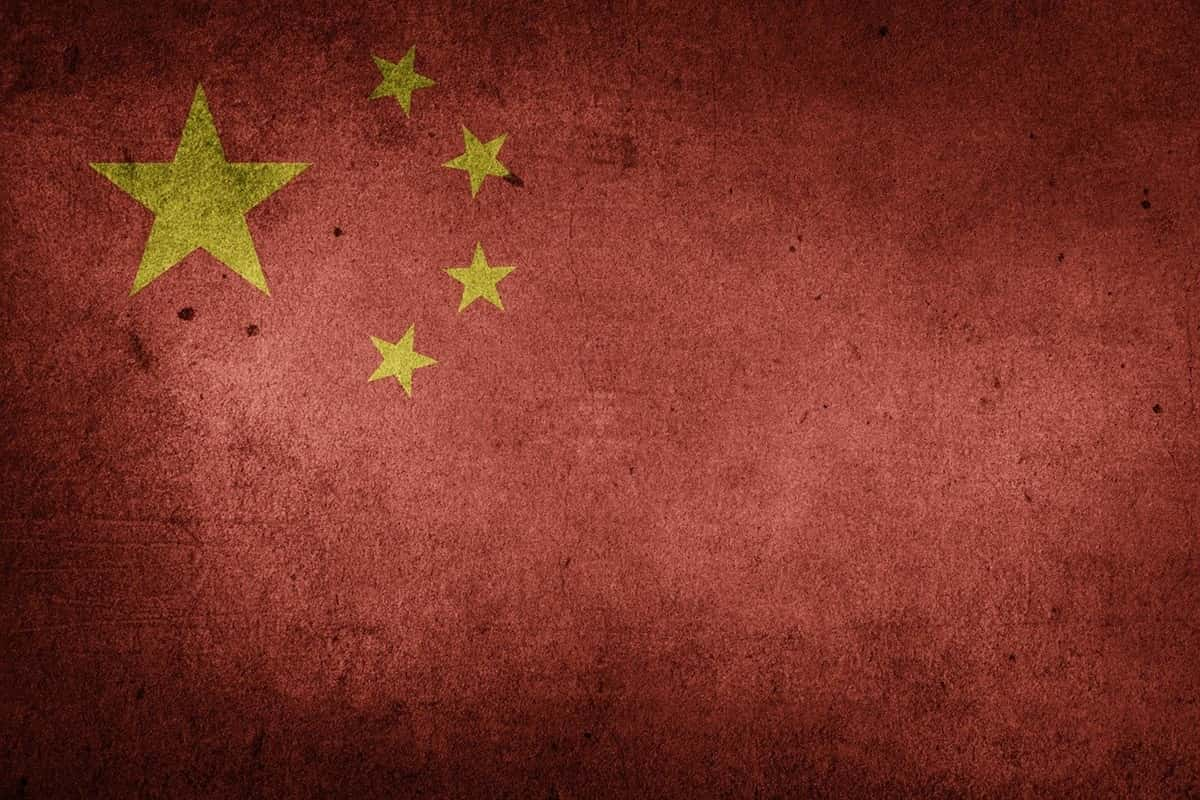Senior Chinese officials at the investment summit in Hong Kong said that the state of affairs in the economic system of this Asian country is not catastrophic or totally negative, appealing to world financiers not to worry about Beijing’s prospects in the relevant sphere.

According to representatives of the Chinese leadership, the current economic recovery of this state, which has obvious signs of an uneven process, and weak demand in the real estate market are not signs of an extremely unfavorable situation.
Vice Premier He Lifeng told an audience of international company executives that Beijing is on track to achieve its economic growth target of about 5% this year. He also said that the positive dynamic in this country is an extremely necessary stimulus for the global economy.
He Lifeng, as part of a virtual speech at the investment summit of world financial leaders organized by the Hong Kong Monetary Authority, which is actually the central bank of the city, separately noted that since the beginning of this year, the Chinese economic system generally has been gaining momentum. In his opinion, this positive process has become a constructive factor of influence not only within the country but also at the global level.
According to many experts, the Chinese economy began 2023 with a confident recovery after three years of restrictions related to the coronavirus pandemic. But already in the second quarter, the steady tendency of improving dynamics in this sphere stopped. Currently, China’s economic system is facing many problems that slow down the process of further development and give analysts reason to doubt Beijing’s prospects. For this country, the main challenges of the current period are the crisis in the real estate sector, which demonstrates a tendency to aggravate the situation, a low level of consumer financial activity, and a sharp drop in the volume of foreign investment.
Several Chinese officials personally attended the summit. Zhang Qingsong, Deputy Governor of the People’s Bank of China, met with other participants of the event. He stated that the country’s economy is currently in good condition, despite the difficulties that he described as recent. The deputy governor of the central bank of the Asian state noted that investors have concerns about the prospects of China’s economic system, especially regarding such aspects of this issue as the pace of recovery and the situation in the real estate market, but at the same time said that the corresponding mood does not cause him significant excitement.
Zhang Qingsong, to substantiate his optimistic opinion, said that currently the number of able-bodied population of the state of which he is a representative is more than 900 million people. Also in this context, the Deputy Governor of the central bank noted that China is the second country in the world in terms of investment in research and development. Another fact that he used as an explanation for the justification of an optimistic attitude was the long-term status of the country as an export state.
Zhang Qingsong said that the potential of the Chinese economy remains promising. This assessment was stated in the presence of an audience that included the heads of Goldman Sachs, Citi, and Morgan Stanley. The deputy governor of the central bank noted that against the background of global uncertainty, which has recently increased, the base of the Chinese economic system has not changed and is stable in the long term. He also said that concerns about the country’s public debt are not justified. According to him, the current value of this indicator of 79.4% corresponds to the global average. Separately, he stressed that China’s public debt is much lower than that of other major economies.
According to the results of the third quarter of this year, the economic system of the mentioned country has demonstrated a certain recovery. Gross domestic product showed an increase of 4.9% compared to the result of a year ago. However, the trade data does not provide a reason for sustained optimism, although they are not absolutely negative. The indicator of Chinese exports in October fell by 6.4%. Economists had expected that the decline in this figure was 3.3%. At the same time, import volumes increased by 3% last month. This indicator significantly exceeded the expectations of economists predicting a decline in this direction of 4.8%.
The real estate sector continues to be the so-called weak point of the Chinese economic system. In this case, the negative circumstances are a shortage of cash and a slowdown in home sales. The share of this sphere in the structure of China’s GDP is up to 30%. Zhang Qingsong acknowledged the problem in the real estate sector, despite his cheerful statements about the prospects of the economy. He described the situation in the mentioned sphere as a process of natural selection. In his opinion, for the real estate sector, ups and downs are the natural state of affairs after many years of continuous expansion.
Wang Jianjun, vice chairman of the Securities Regulatory Commission of China, said that all problems in the country’s economic system will be solved. According to him, China’s capital market is currently full of opportunities. It is worth noting that Beijing has lifted restrictions on the ownership of shares of foreign companies. Also, the Chinese government has granted more financial licenses to firms that are in foreign ownership structures.









